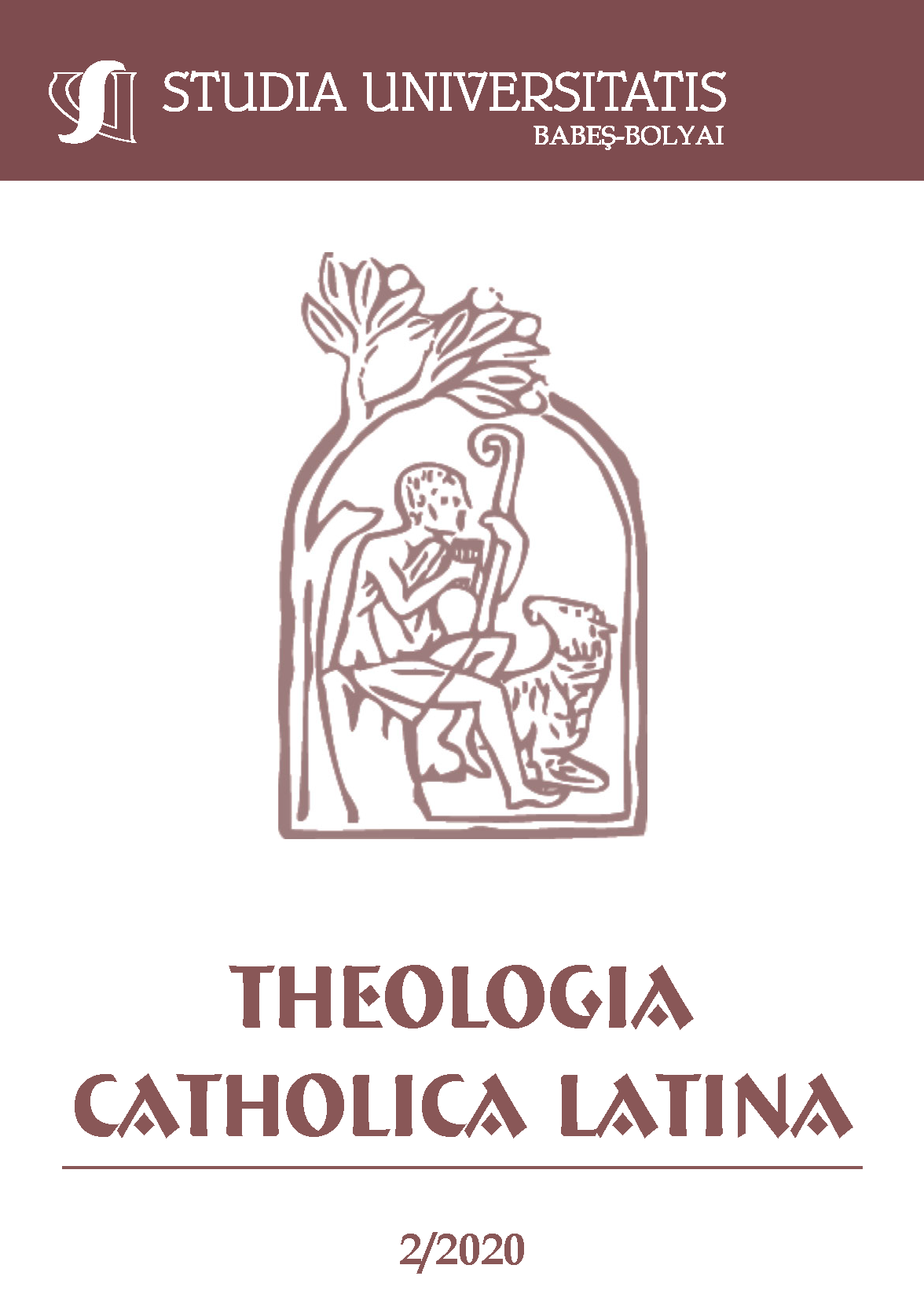FAUSTUS. THE MYTHICAL MEMORY
FAUSTUS. THE MYTHICAL MEMORY
Author(s): István JózsaSubject(s): Theology and Religion, Comparative Studies of Religion
Published by: Studia Universitatis Babes-Bolyai
Keywords: Faustus – origins of the legend; “Sin” – the knowledge of the deviation from the divine conception; Presence of the idea in the mythologies; Literary adaptations;
Summary/Abstract: The figure and story of Faustus is part of the European cultural heritage, and as it usually, even inevitably happens with legends, it lives further in the adaptations of later periods and authors. It is mainly linked to Goethe’s name, his figure became well known and immortal in his works. Ever since Goethe, all authors – who respect themselves – in German literature must write a new Faustus, while in other nation’s literatures newer and newer paraphrases were born, which on their turn gave rise to further adaptations, and the scientific, aesthetic etc. literature also has gotten richer. However the canonized, more precisely, classicisized framework of interpretation is not transgressed by any of the newer writers and poets of the past centuries, moreover it is only the form of the legend that is rewritten – naturally with the aim of modernization. All of that as part of the literary heritage. As far as the problem of original sources is concerned: what can be regarded as a source and what is adaptation, which are the works that motivated writers, are just a matter of the preliminary work of the interpretation. On the other hand the problem that within the ancient, mythical tradition there is an original, ancient Faustus legend, does not raise any attention as that is “mere raw material”. The truth is ... that the beginning that has been preliminarily, yet directly definitory for centuries, is that original force that is given in the topic and thus it is difficult to bring it to the surface, preferably independently from the heritage that was built upon it. As far as the time dimension is concerned, we are searching in an undefineable, open past, moreover it is most probable that the legend itself is not entirely original, so to say, but it is the adaptation of a more ancient idea or topic. And by this its symbolism and hidden semantics lose their European characteristics.
Journal: Studia Universitatis Babes-Bolyai - Theologia Catholica Latina
- Issue Year: 65/2020
- Issue No: 2
- Page Range: 71-89
- Page Count: 19
- Language: English

